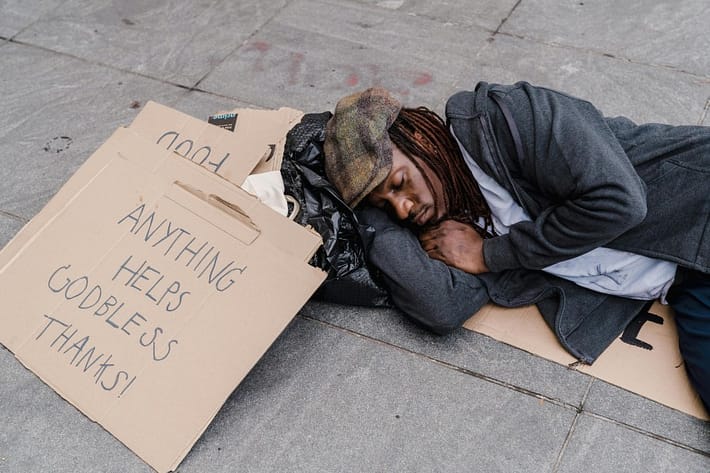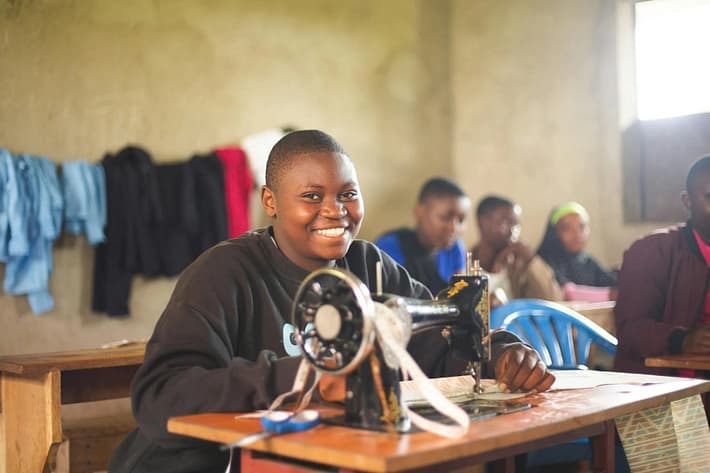5 Causes of American Veteran Homelessness

American veterans, who have bravely served their country, often face a harsh reality upon returning to civilian life. Despite their sacrifices, many veterans find themselves struggling with homelessness and poverty. Several factors contribute to this unfortunate situation. Here are five significant causes of American veteran homelessness and living in poverty.
1. Mental Health Issues
One of the most critical issues affecting veterans is mental health. Many veterans suffer from post-traumatic stress disorder (PTSD), depression, anxiety, and other mental health conditions as a result of their service. According to the National Alliance on Mental Illness (NAMI), approximately 11-20% of veterans who served in Operations Iraqi Freedom and Enduring Freedom suffer from PTSD in a given year. Mental health issues can lead to difficulties in maintaining employment and relationships, which are essential for financial stability. The lack of adequate mental health care exacerbates these problems, leaving many veterans without the support they need to manage their conditions and sustain a stable life.
2. Unemployment and Underemployment
Transitioning from military service to civilian employment can be challenging for many veterans. While the skills learned in the military are valuable, they don’t always translate directly to the civilian job market. Veterans often face difficulties in finding jobs that match their qualifications and experience. According to the U.S. Bureau of Labor Statistics, the unemployment rate for veterans was 6.5% in 2020, higher than the national average. Additionally, those who do find employment may end up in low-paying or part-time jobs that do not provide sufficient income to cover basic living expenses, leading to financial instability and poverty.
3. Lack of Affordable Housing
Affordable housing is a significant issue for many Americans, and veterans are no exception. Many veterans struggle to find affordable housing due to high costs and limited availability. The National Coalition for Homeless Veterans reports that veterans are 50% more likely to become homeless than other Americans due to poverty and lack of support networks. The situation is further complicated by the fact that some veterans may have bad credit or a history of eviction, making it even more difficult to secure housing. Without a stable place to live, veterans are at a higher risk of falling into homelessness.
4. Substance Abuse
Substance abuse is another factor that contributes to homelessness and poverty among veterans. Some veterans turn to drugs or alcohol as a way to cope with the trauma and stress of their service. The U.S. Department of Veterans Affairs (VA) estimates that about one in ten veterans who use VA health care have a substance use disorder. Substance abuse can lead to a cycle of addiction, job loss, financial difficulties, and strained relationships, all of which contribute to homelessness and poverty. Veterans with substance abuse issues often struggle to access the treatment and support they need to recover and rebuild their lives.
5. Insufficient Support Systems
Many veterans lack a strong support system when they return to civilian life. During their service, they often rely on a close-knit community of fellow service members for support. However, once they leave the military, this network is no longer readily available. The loss of this support system can lead to feelings of isolation and loneliness, which can exacerbate mental health issues and make it difficult to navigate civilian life. Additionally, veterans may not be aware of or have access to the resources and programs available to them, such as the GI Bill, VA healthcare, and housing assistance. Without adequate support, veterans can quickly find themselves struggling to make ends meet.
American Veteran Homelessness Conclusion
The plight of homeless and impoverished veterans is a complex and multifaceted issue. Mental health challenges, unemployment, lack of affordable housing, substance abuse, and insufficient support systems all contribute to the difficulties many veterans face. Addressing these issues requires a coordinated effort from government agencies, nonprofit organizations, and communities to provide the necessary resources and support to help veterans transition successfully to civilian life and avoid the devastating consequences of homelessness and poverty. By understanding and addressing these root causes, we can better support our veterans and ensure they receive the care and respect they deserve.
Help Fight American Veteran Homelessness
At End Poverty Now, our ability to make a difference hinges on the kindness of donors like you. Your support provides crucial resources, opportunities, and hope to those in need. Whether you choose to make a one-time donation or become a recurring donor, every contribution helps us on our mission to end extreme poverty.
End Poverty Now welcomes cash donations, but we also specialize in accepting donations of hard-to-sell assets such as real estate, aircraft, vehicles, and boats. These contributions help fund projects dedicated to alleviating poverty both domestically and internationally. Please see how you can help end poverty and thank you for considering us in your philanthropic efforts.
End Poverty Now is a 501c3 nonprofit charity accepting cash donations and specializing in donations of hard-to-sell assets such as real estate, aircraft, vehicles, and boats to fund projects aimed at fighting poverty at home and abroad.


